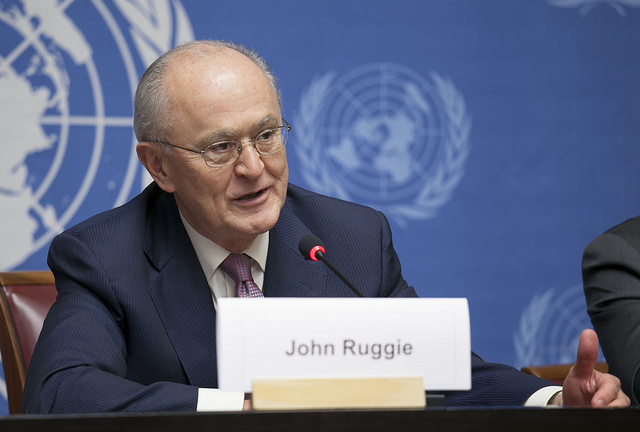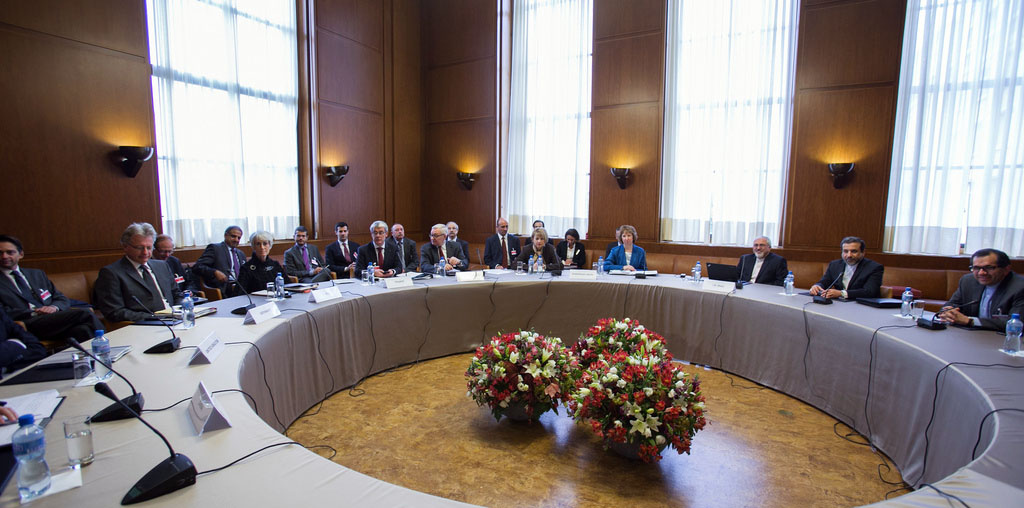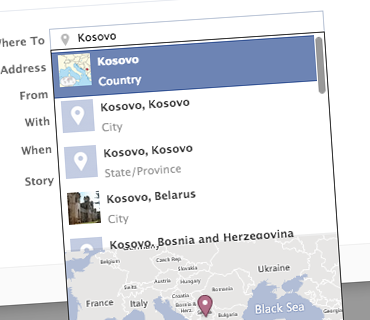By Cullen Hendrix for Denver Dialogues
Stephen Walt’s “How to Get Tenure” piece over at Foreign Policy should be required reading for anyone interested in/just starting out in a research-oriented faculty position in international relations. For (mostly) better or worse, Walt’s piece is a straightforward and honest distillation of the consensus about what counts for tenure—at least the part that people will discuss in public. The answer, in the main, is research. And research. And more research. And not being a completely awful teacher (unless, of course, your research record is excellent). And not being a total creep and/or free-rider vis-à-vis your colleagues and department service (unless, of course…).
Walt’s statement is clearly directed at those seeking tenured positions at the highest levels of academic prestige—his target audience is starting careers at Ivy League institutions and their West Coast (Stanford, some of the UCs) and Third Coast (University of Chicago) peers. Nevertheless it is important for all of us. As an endowed chair at Harvard, his perceptions of what academia values actively helps to create those values.
So, what does Walt have to say about bridging the gap, i.e., efforts to strengthen “…the relationship between scholars of international relations and the broader foreign policy community”? Given his own commitments to informing public debate and public policy—extensive op-ed authorship, contributing editor at Foreign Policy, positions at Brookings and the Center for Naval Analyses—one might suspect Walt would encourage early career academics to engage with the policy community and public discussion. As it turns out, not so much:
“No. 9: What about public engagement?
As some of you know, I believe academics in our field have a responsibility to apply their wisdom to real-world issues, and junior faculty should be encouraged to do so even if they don’t teach at public policy schools. But this is another area where prudence is in order: articles in Foreign Policy or Foreign Affairs and blog posts on the Monkey Cage will not strengthen your case unless there is also a substantial body of genuine scholarship to go along with it. In my experience, most departments are pleased when junior faculty have reputations outside of the academy, but their standing inside the academy matters more. So be smart: if your research has practical implications that the public would benefit from, by all means write an op-ed or a blog post or some other form of public outreach. But don’t let the desire for fame or public impact get in the way of your scholarly output; you’ll have decades to become a public intellectual after you’ve been promoted (and the university may even appreciate it then).”
This statement troubled me for two reasons. First, this is a lamentably narrow view of what constitutes policy and public engagement. If this type of activity is to be avoided or minimized, it bodes ill for deeper policy engagement, such as consulting for or engaging with governments, intergovernmental organizations, and non-governmental organizations and/or conducting basic research on the effectiveness of their programs. John Ruggie is an exemplar in this sense, having started a career-long practice of practical policy work with the UN Environmental Programme just four years out from his PhD. Our world, to say nothing of Ruggie’s career, is better for it.
These other activities represent more valuable engagement with the policy community in many ways. From helping USAID understand what works for fighting poverty to establishing best practices for businesses in respecting and promoting human rights, bridging scholars are helping tackle some of our most vexing problems. But this deeper engagement offers fewer opportunities for credit claiming. Publishing bylined pieces in prestigious though non peer-reviewed outlets is one of the least costly and most career-aggrandizing means of public/policy engagement possible: a huge chunk of Foreign Affairs/Foreign Policy/The Monkey Cage’s readership are the very academics among whom an early-career academic is trying to make a name. This type of publishing is more complementary to academic publishing in terms of building a reputation than working at cross-purposes. Walt’s casual mention of motivations—fame, becoming a public intellectual —attests to this fact.
Second, the message is clear: bridging should be a post-tenure activity. There are at least three potential problems with this. First, by the time the brass ring is achieved, most people are pushing middle age. Between graduate school and time on the tenure track, they have been focused on scholarly research output for well over a decade and have formed (some might say ossified) scholarly habits and practices. Because of admonishments about publishing and disciplinary focus, their networks are overwhelmingly academic. Aside from their careers, they are entering the stage of life where they are likely to be looking after young ones and dedicating attention to older ones: denizens of the sandwich generation may find it challenging to start jetting off to Washington for day-long meetings with the National Intelligence Council or USAID. Unless scholars are encouraged to start active engagement while young, it’s hard to believe most will start at all.
These issues reinforce the first point. These factors—being set in one’s ways, limited non-academic networks, and increasing responsibilities on the home front—contribute to the notion that “reaching out” equals writing op-eds and more easily digestible versions of research articles: it’s what tenured academics know and are comfortable with, and it’s the kind of engagement that can be done from the friendly confines of their office. Contrast that with spending a year working for the Joint Chiefs or helping develop crop insurance mechanisms for East African farmers.
Walt is at the pinnacle of our profession. Of all the people in the academic field of international relations, he is one of the few in a position to change minds and alter incentives at the macro scale. Walt could have used his soapbox to construct something new rather than reconstruct what he laments. If he and other similarly positioned senior faculty were to decide to put their shoulders into changing the perception that policy work and policy-oriented publishing are too applied to count for tenure, it could make a difference.








2 comments
Cullen – you are right in a way but I think Walt’s advice to be careful is important. I spent 5-6 years engaged in policy work and advice early in my career and it definitely set back my academic career – not irreparably but at a certain point I had to give up the policy work and work like crazy to catch up and make my name in the profession. That was in the UK but the consequences of having done this in the US could have sunk my career. Two things to bear in mind when doing policy work as an academic: (1) make sure that if you are involved in policy work it builds on your academic work rather than vice versa; and (2) be careful to avoid merging – which can be unconscious – the normative preoccupations of your work in policy and your approach to academic analysis. The latter can be driven by normative interests but the two things should be kept quite separate. Martin
Martin,
Thanks. Your two points at the end are immensely important and should be taken to heart by young academics engaging in this type of work.
I don’t disagree that sustained engagement comes with some potential costs, though there are large potential benefits as well. What I meant to highlight is that the pervasive belief that policy work detracts from scholarly contribution is just that – a belief. And beliefs can change. And Walt is in a position to try and move the ball forward on that issue.